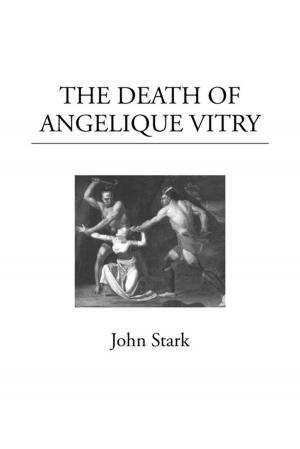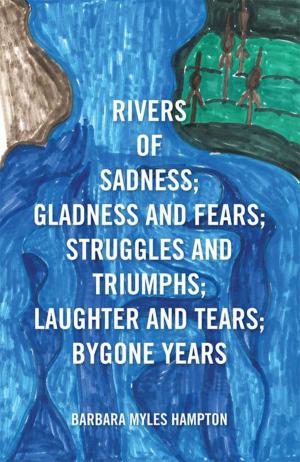| Author: | Abdelkarim Elhassani | ISBN: | 9781479741267 |
| Publisher: | Xlibris US | Publication: | November 9, 2012 |
| Imprint: | Xlibris US | Language: | English |
| Author: | Abdelkarim Elhassani |
| ISBN: | 9781479741267 |
| Publisher: | Xlibris US |
| Publication: | November 9, 2012 |
| Imprint: | Xlibris US |
| Language: | English |
This book reveals key untold stories and scenes from the life of a Palestinian who comes from the Palestinian village of Hamama. The book unfolds its stories through the different stages and diverse contexts the author has been through. It is neither a historical record nor an autobiography as it may appear at first sight, rather an intricate account of the tragedies and calamities endured by tens of thousands of Palestinians. The book is neither written as a political discourse, analysis, or a criticism, nor is it a description of battles and behaviors. It is a whoop of sadness and grief of a people whose homeland was usurped and is still living in them. In preparing this book, it was meant to be free of any derogation or belittlement of anybody. I did not communicate everything and was content with such allusions that maintain ones dignity. Indeed, this bookby uncovering the misfortunes and atrocities Palestinian children, men, and women went through is profoundly a message to the future generations of Arabs who did not see these scenes into reality. The book is a flash of knowledge, a document for researchers, and a source of enlightenment for readers and students alike. It contains invaluable scenes from a substantial span of time since Field Marshal Edmund Allenby entered Jerusalem after his triumph over the Ottoman armies in World War I and said, Today, the crusades have ended.
This book reveals key untold stories and scenes from the life of a Palestinian who comes from the Palestinian village of Hamama. The book unfolds its stories through the different stages and diverse contexts the author has been through. It is neither a historical record nor an autobiography as it may appear at first sight, rather an intricate account of the tragedies and calamities endured by tens of thousands of Palestinians. The book is neither written as a political discourse, analysis, or a criticism, nor is it a description of battles and behaviors. It is a whoop of sadness and grief of a people whose homeland was usurped and is still living in them. In preparing this book, it was meant to be free of any derogation or belittlement of anybody. I did not communicate everything and was content with such allusions that maintain ones dignity. Indeed, this bookby uncovering the misfortunes and atrocities Palestinian children, men, and women went through is profoundly a message to the future generations of Arabs who did not see these scenes into reality. The book is a flash of knowledge, a document for researchers, and a source of enlightenment for readers and students alike. It contains invaluable scenes from a substantial span of time since Field Marshal Edmund Allenby entered Jerusalem after his triumph over the Ottoman armies in World War I and said, Today, the crusades have ended.















